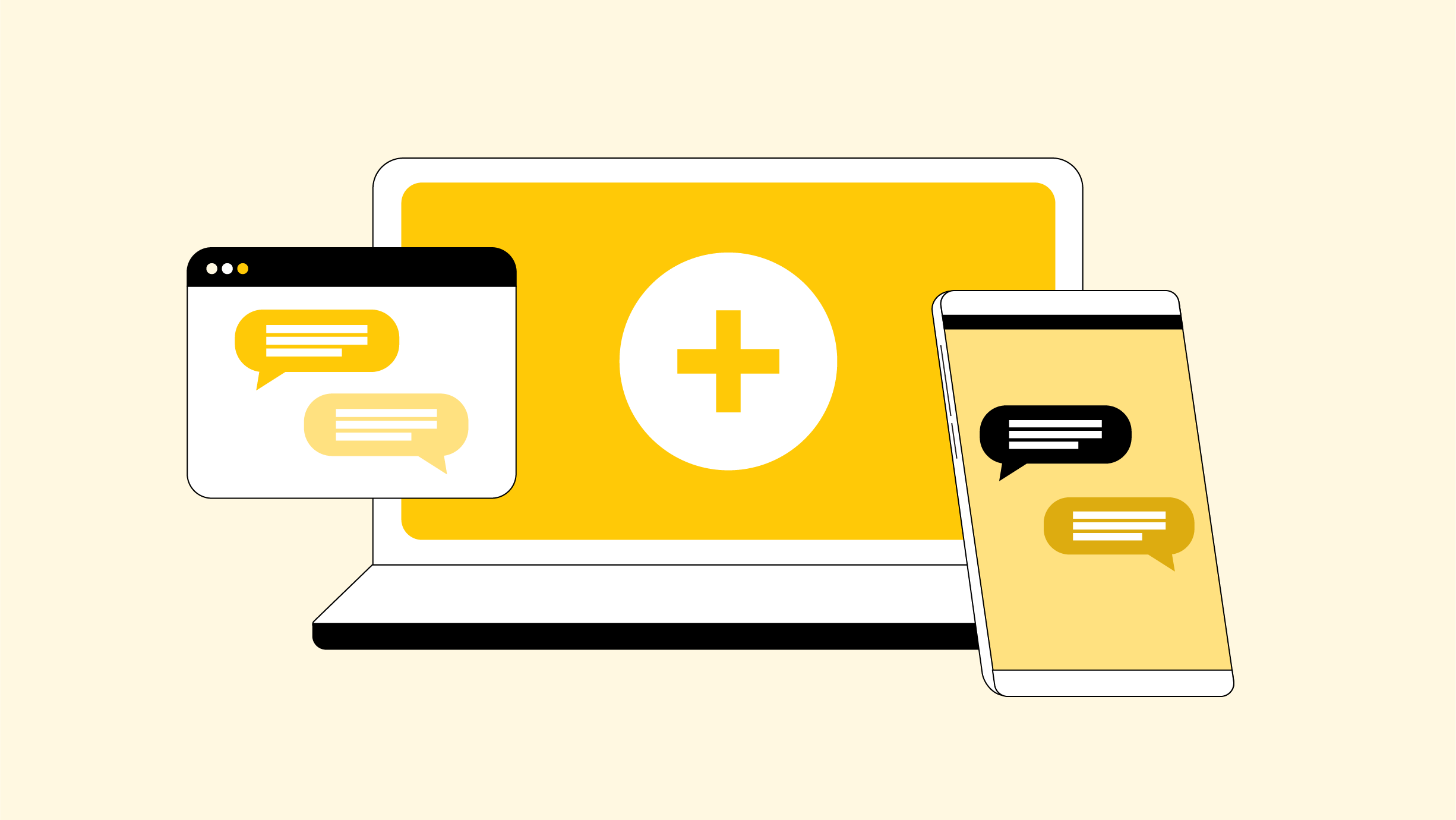What should I tell my care team before I take this medication?
They need to know if you have any of these conditions:
- Eye disease caused by diabetes
- Gallbladder disease
- Have or have had pancreatitis
- Having surgery
- Kidney disease
- Personal or family history of MEN 2, a condition that causes endocrine gland tumors
- Personal or family history of thyroid cancer
- Stomach or intestine problems, such as problems digesting food
- An unusual or allergic reaction to tirzepatide, other medications, foods, dyes, or preservatives
- Pregnant or trying to get pregnant
- Breastfeeding
What may interact with this medication?
- Alcohol
- Antiviral medications for HIV or AIDS
- Aspirin and aspirin-like medications
- Beta blockers, such as atenolol, metoprolol, propranolol
- Certain medications for blood pressure, heart disease, irregular heart beat
- Chromium
- Clonidine
- Diuretics
- Estrogen or progestin hormones
- Fenofibrate
- Gemfibrozil
- Guanethidine
- Isoniazid
- Lanreotide
- Male hormones or anabolic steroids
- MAOIs, such as Marplan, Nardil, and Parnate
- Medications for weight loss
- Medications for allergies, asthma, cold, or cough
- Medications for depression, anxiety, or mental health conditions
- Niacin
- Nicotine
- NSAIDs, medications for pain and inflammation, such as ibuprofen or naproxen
- Octreotide
- Other medications for diabetes, such as glyburide, glipizide, or glimepiride
- Pasireotide
- Pentamidine
- Phenytoin
- Probenecid
- Quinolone antibiotics, such as ciprofloxacin, levofloxacin, ofloxacin
- Reserpine
- Some herbal dietary supplements
- Steroid medications, such as prednisone or cortisone
- Sulfamethoxazole; trimethoprim
- Thyroid hormones
- Warfarin
This list may not describe all possible interactions. Give your health care provider a list of all the medicines, herbs, non-prescription drugs, or dietary supplements you use. Also tell them if you smoke, drink alcohol, or use illegal drugs. Some items may interact with your medicine.
What should I watch for while using this medication?
Visit your care team for regular checks on your progress. Tell your care team if your symptoms do not start to get better or if they get worse.
You may need blood work done while you are taking this medication. Your care team will monitor your HbA1C (A1C). This test shows what your average blood sugar (glucose) level was over the past 2 to 3 months.
Know the symptoms of low blood sugar and know how to treat it. Always carry a source of quick sugar with you. Examples include hard sugar candy or glucose tablets. Make sure others know that you can choke if you eat or drink if your blood sugar is too low and you are unable to care for yourself. Get medical help at once.
Tell your care team if you have high blood sugar. Your medication dose may change if your body is under stress. Some types of stress that may affect your blood sugar include fever, infection, and surgery.
Do not share pens with anyone, even if the needle is changed. Each pen should only be used by one person. Sharing could cause an infection.
Wear a medical ID bracelet or chain. Carry a card that describes your condition. List the medications and doses you take on the card.
Talk to your care team about your risk of cancer. You may be more at risk for certain types of cancer if you take this medication. Talk to your care team right away if you have a lump or swelling in your neck, hoarseness that does not go away, trouble swallowing, shortness of breath, or trouble breathing.
Make sure you stay hydrated while taking this medication. Drink water often. Eat fruits and veggies that have a high water content. Drink more water when it is hot or you are active. Talk to your care team right away if you have fever, infection, vomiting, diarrhea, or if you sweat a lot while taking this medication. The loss of too much body fluid may make it dangerous for you to take this medication.
If you are going to need surgery or a procedure, tell your care team that you are taking this medication.
Estrogen and progestin hormones that you take by mouth may not work as well while you are taking this medication. Switch to a non-oral contraceptive or add a barrier contraceptive for 4 weeks after starting this medication and after each dose increase. Talk to your care team about contraceptive options. They can help you find the option that works for you.
Do not take this medication without first talking to your care team if you may be or could become pregnant. Your care team can help you find the option that works for you. Weight loss is not recommended during pregnancy. Maintaining healthy blood sugar levels can help reduce the risk of pregnancy complications.
Talk to your care team if you are breastfeeding. When recommended, this medication may be taken. Its use during breastfeeding has not been well studied. Lactation may help lower your blood sugar levels. Your care team may recommend changes to your treatment plan.
What are the most serious risks of this medication?
This medication may increase the risk of thyroid tumors or cancer. Do not take this medication if you or a family member has or have had multiple endocrine neoplasia (MEN) 2 or a type of thyroid cancer called medullary thyroid carcinoma (MTC). Talk to your care team right away if you have a lump or swelling in the neck, pain or trouble swallowing, trouble breathing, or hoarseness.








